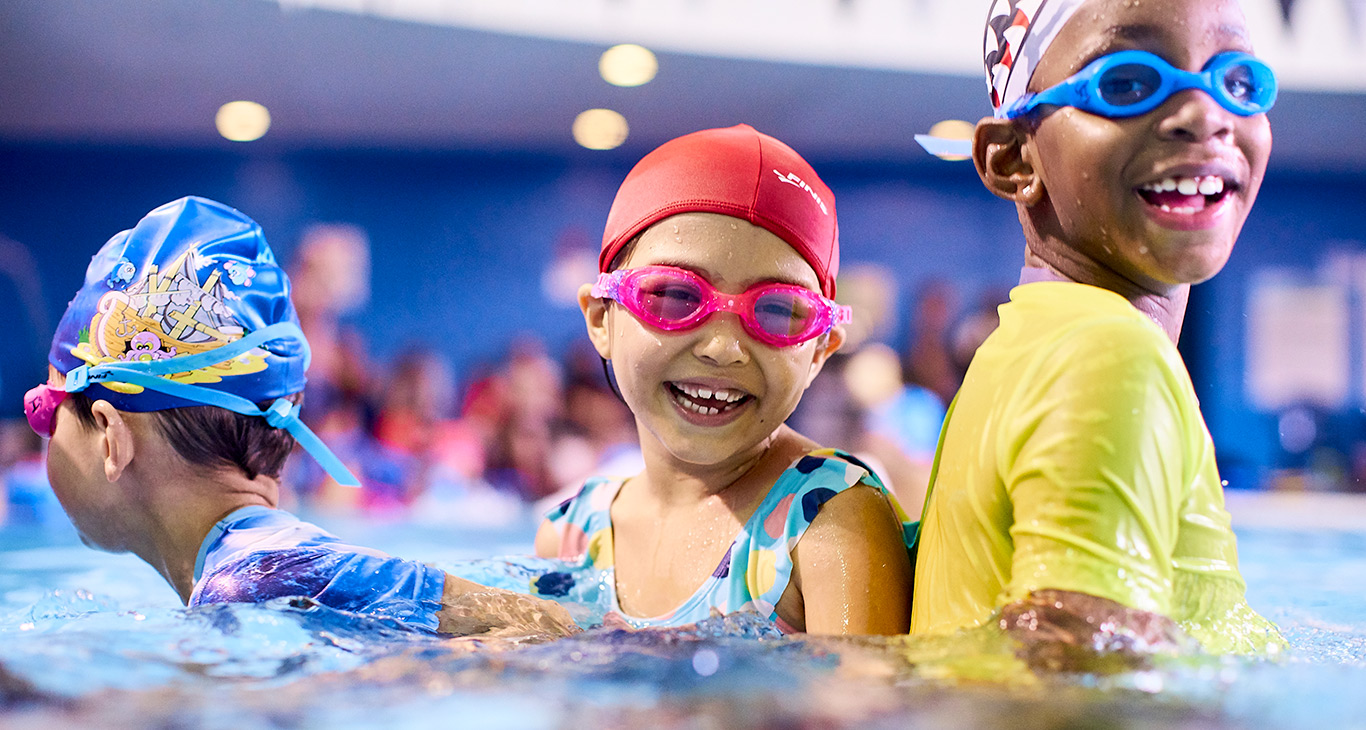
For kids of all ages, swimming is a fantastic exercise that offers numerous mental and physical advantages. Swimming can help any young child improve their cardiovascular health and immunity in addition to helping them develop gross motor skills like balance and coordination. Children may confidently explore the pool with the right supervision, which promotes more independence, self-worth, and physical security! Even though it might seem overwhelming at first, your child will have a lot of fun learning to swim once they get going. So, if you're wondering why swimming is so good for your child's growth, keep reading!
Introducing young children to swimming: a summary of the advantages
Given its many mental and physical advantages, swimming is a great sport for young children. It strengthens their muscles, improves cardiovascular health, and aids in the development of their motor abilities. As long as the pool is shallow enough, children of all ages and abilities can safely play in the low-impact environment created by the water. In addition to the physical advantages, swimming helps children become more self-assured and independent as they learn to swim alone. It's an exciting and entertaining method for kids to meet others, form connections, and pick up important life-saving skills. All things considered, teaching swimming at an early age lays a solid basis for a lifetime of appreciation and enjoyment.
Using swimming to develop life skills
Swimming is a great way to build life skills that you can use outside of the pool. Swimming, for instance, offers a chance to practice problem-solving techniques. Swimmers have to maneuver through the water, changing their stroke to go past any obstructions. Self-control and commitment are also necessary for swimming improvement. Success requires consistent practice, which translates into a strong work ethic in all spheres of life. Lastly, swimming fosters teamwork and sociability, which improves leadership and communication abilities. People can acquire a variety of useful life skills that will help them in all area of their lives by learning to swim and engaging in the sport.
Gains in children's physical and cognitive development
In their formative years,Children make substantial progress in both their physical and cognitive development, which lays the groundwork for their future. Children grow physically quickly in terms of height, weight, and muscle mass, which gives them the ability to investigate and engage with their surroundings in novel ways. Children's brains expand and fortify connections between various areas as their cognitive development progresses, improving their capacity for thought, reasoning, and information processing. Critical thinking, problem-solving, and language development all show these cognitive improvements. To help children realize their full potential, parents, guardians, and educators must create a secure, engaging environment that fosters both physical and cognitive growth.
Examining the health advantages of swimming for young kids
For young children, swimming is regarded as one of the finest types of exercise. It has several bodily advantages in addition to being enjoyable and revitalizing. Swimming's positive effects on a child's entire physical development are among its main advantages. Their muscular strength, flexibility, and cardiovascular endurance all improve when they swim. It also improves their balance and coordination. Additionally, compared to contact sports, swimming is a low-impact activity, meaning there is a lower risk of injury. In conclusion, swimming is a great way for young children to get exercise because it's enjoyable for them and has many physical advantages.
How to pick your child's best swimming lessons
Finding a program that meets your child's needs is crucial, but picking the best swimming lessons for them can be a difficult challenge. When choosing, there are a number of things to take into account, including the courses' location, the instructor's credentials, and the other students' skill levels. Before registering your child, make sure to watch a class to make sure they feel safe and at ease in the water. Inquire about the instructor's approach to teaching and background in working with kids. You may assist your child in developing the self-assurance and abilities necessary to enjoy the water in a safe and comfortable manner by giving careful thought to these aspects.
Promoting self-worth and confidence in a fun and safe setting
Children's social and emotional development depends on the development of self-esteem and confidence. The secret to accomplishing this objective is to create an enjoyable and safe workplace. Children are more willing to try new things and take chances when they feel safe and content. Giving kids the chance to express themselves, work with others, and pick up new skills in a nonjudgmental environment helps boost their self-esteem. In order to prevent any harm or discomfort, a safe environment also entails defining boundaries and explicit regulations. It is our duty as educators and parents to provide an environment that supports and encourages kids to reach their full potential.
Establishing a pleasant and safe space for children to enjoy swimming
Splashing around in a pool during the sweltering summer months is one of the greatest pleasures of childhood. However, while letting kids swim, it's crucial to put safety first. Parents and other adults may establish a safe and enjoyable swimming environment for children by implementing a few preventative measures. Pool rules, appropriate swim instruction, and designated adult supervision are all essential to guaranteeing kids can swim safely and enjoyably. By putting these precautions in place, parents may prioritize their children's safety while simultaneously giving them an enjoyable and memorable experience.
Comments (0)